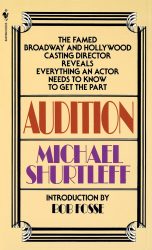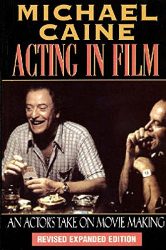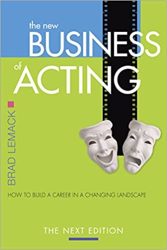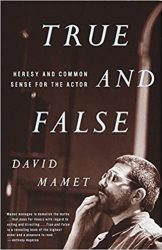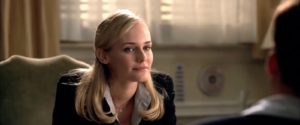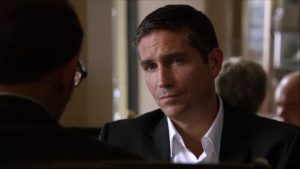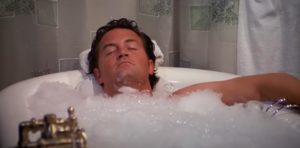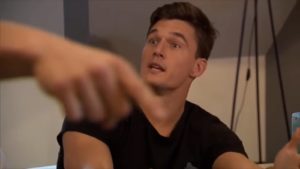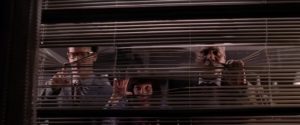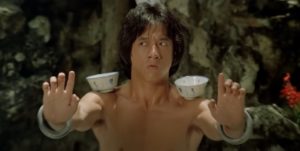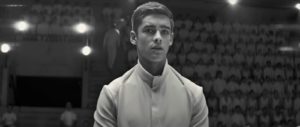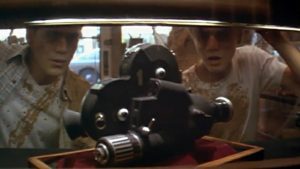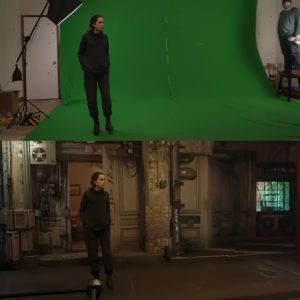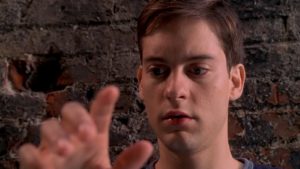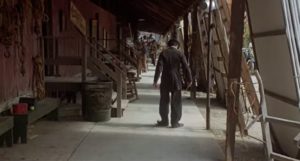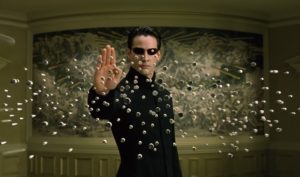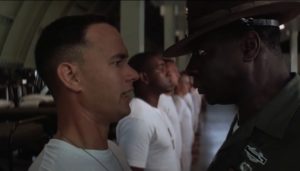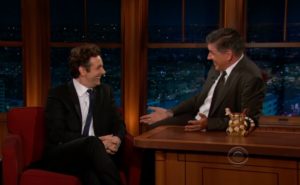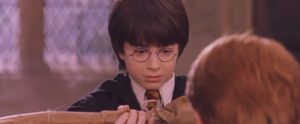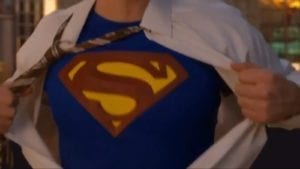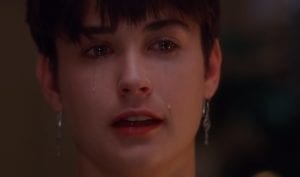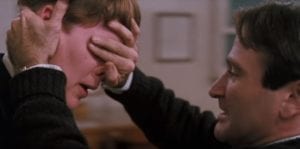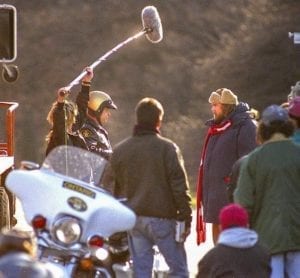Casting directors are the people choosing actors for roles, so some actors wonder, “How do I contact casting directors?”
You can contact casting directors with your headshot, resume, and demo reel via their website, but make sure to refer to a specific role they’re currently casting. To get casting directors to like you, audition in a way that fits their story well because it makes them look good in front of producers.
More detailed explanations about how and why, various dos and don’ts, as well as a specific message template you can use are given below.
1. If it’s not about a specific role, don’t contact casting directors.
If you reach out randomly, you will typically be ignored at best. Blindly reaching out to a bunch of casting directors can also do more harm than good – it can annoy them. Casting directors are bombarded daily with actors trying to get ahold of them, which is why, over time, many of these casting directors have made it very difficult to be contacted. Moreover, many of them will specifically tell you on their website not to contact them or show up at their offices. Never, ever, show up to a casting director’s office uninvited.
Now you might be thinking, “Well, even if I annoy them, at least they’ll notice me.” Here’s something to keep in mind: when casting directors choose actors for roles, they don’t just choose people who can act. They choose people who would be easy for the director and other people on set to work with. What does that mean?
- They want someone directable: that’s why, in the audition, you often see casting directors asking actors to do a second take differently even if their first take was really good – it’s to check if the actor is able to take direction well.
- They want someone with decent social skills: that’s partly why they might ask you about yourself in an audition – they want to see your social skills.
- They want someone who will behave professionally: if you end up annoying everyone on set, then that would make the casting director look bad for choosing you. They want someone they feel will behave professionally.
Therefore, if the casting director’s first impression of you is that you’re an annoying spammer, then your acting skills could become irrelevant. Why should they risk things with you when there are so many more actors out there on whose professionalism they can rely much more?
What you want to show in all of your interactions with casting directors is that you’re a professional who can just show up, do a great job efficiently, and let all the other busy people do their jobs in peace.
2. To identify potential roles, check the casting director’s current work.
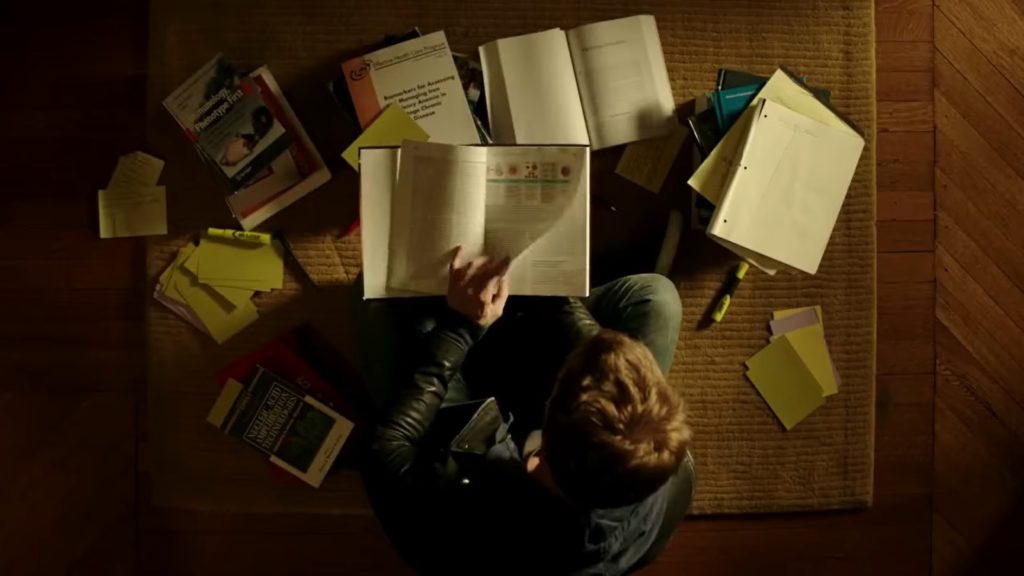
The one instance where a casting director might look at your actor package (headshots, resume, and demo reel), even if it is unsolicited, is if you fit a part they’re trying to fill. For example, if they are casting a show with lots of bikers and you happen to have a biker look, this could be an opportunity to take advantage of.
Of course, the trick is knowing what they’re casting. One way you can do that is by checking the casting director’s IMDb page. Their IMDb page shows their list of work, including their current work. Look at the films/shows on the list that say (pre-production) beside them. You can also search in reverse by looking to see which films/shows are currently in pre-production and seeing who their casting director is (this is easier if you have IMDb Pro because then you can search for films/shows by their production status, so you can search to see what films/shows are currently in pre-production).
Once you know what film/show the casting director is currently casting for, you can look for information about it (such as the title, plot, what it’s based on, where it’s set, and who has already been cast) to figure out what kinds of roles they might need. For example, if the film is something about high school students, maybe you can be one of the students or teachers or caretakers or parents. There are a lot of choices, so here are some things you can think about to narrow it down:
- Think about what you stereotypically look like (and what you’re okay with playing) – think about how that type of part might fit into that film. For example, if you look big and tough, and the film is something about high school students, maybe you can play the gym teacher.
- You can see which actors have already been cast for some of the main roles and, if you happen to look like one of them, maybe you can play the part of their family member.
- Think about some unique life experiences and skills you have and what kinds of parts those experiences and skills could give you an advantage in. For example, if you can play musical instruments and the film is about high school students, maybe you can play the music teacher.
- Think about some kinds of parts that you’ve always wanted to play – maybe this film/show might need someone like that. For example, if you’ve always wanted to play a lawyer but the film is about high school students, maybe you can play someone’s parent who is a lawyer.
Yes, if you’re a talented actor you can play practically anything, but the casting director already has a bunch of faces that they’ve seen that are also talented actors so you wouldn’t really stand out much if you say you can play anything. In contrast, if you have a specific role in mind, the casting director might be more willing to take a look at your headshot because then it’s a simple “yes”/”no” thought rather than a complicated “what can I do with this actor” thought. Even then, the chances are very low that they’ll take a look at your package (headshot, resume, and demo reel), because they are very busy and have plenty of options as it is, but there is a chance.
3. Once you have a specific role in mind, contact them through their website.
To show that you respect the casting director’s privacy, contact them only through official channels, such as their website or an email address appearing on their website. Similarly, if you contact them on Facebook, only go through their professional Facebook pages (the ones they only use for work), and just keep away from their personal Facebook pages.
Submit your headshot, resume, and demo reel. If they just have a Contact Us form on their website and don’t give the option of adding attachments, you can still submit your headshot, resume, and demo reel using a link to a folder containing all three on your Google Drive.
Here is an example template of a message you can send to casting directors:
“I read that you are currently casting for [insert film/show title here]. Are you looking for someone to play [briefly describe the specific role here]? If so, you may find that I fit the part because [briefly insert reason here]. If you’re interested, my headshot, resume, and demo reel are available at this link: [insert link].
Sincerely,
[Your name]”
Here is an example of that same template with information filled in, based on our previous example of a film about high school students. (Just make sure you use a real link – we used a fake link in our example.)
“I read that you are currently casting for Graduation Games. Are you looking for someone to play the school principal? If so, you may find that I fit the part because I have a booming principal voice and have experience mentoring teenagers. If you’re interested, my headshot, resume, and demo reel are available at this link: https://drive.google.com/drive/folders/1asdlfjaoweimVE0kC3z9qev?usp=sharing
Sincerely,
Jane Smith”
How often can you send such messages to casting directors? It’s hard to give a definite answer, but perhaps no more than one message per film/show. It’s better to underdo it rather than overdo it. In any case, ultimately, the best way to connect with casting directors isn’t through messaging but in auditions, as described in the next section.
4. The best way to connect with casting directors is through great auditions.
The standard way actors create a relationship with casting directors is through auditioning. How do you make the casting director like you in an audition? By making them look good in front of producers/directors. You see, casting directors don’t always have the final say in whom they cast for roles. Many times, casting directors just narrow the choice down to a few people and then pass it on to the producers or directors to make the final decision. Therefore, the more awesome choices the casting director is able to provide, the better that makes the casting director look.
Therefore, if you want a casting director to like you, make the casting director look good by being one of those awesome choices that the casting director ends up offering to the producers or directors. Here is how you can make the casting director like you and present you as one of the final choices to their clients:
- Make strong choices that make sense for the story and fit what the writers want. Imagine you’re a casting director: you have a client who has a certain story in mind and now they want you to find actors to help them show that story. Therefore, sure, you want to get a good actor, but most importantly you want an actor who feels like they fit well into the story so that they don’t stick out unnaturally, so that the focus is on the story rather than on that one actor. Therefore, when you’re an actor, as much as is possible with the part of the script that is available to you and what you know about the film/show, think about what the writer might want. If it’s a comedy and it’s a sad scene, they might not choose the actor who is amazingly realistically emotional and makes the audience cry, because that sort of portrayal might be out of place in that comedy. Instead, they might choose someone who displays the behaviours of sadness in a very visible way but not in a way that makes the audience sad. You can see an example of that kind of comedic sadness in the scene below from Arrested Development. Therefore, to get the casting director to like you, do your best to figure out what kind of a story it is and audition in a way that shows you would fit seamlessly into that kind of story.
- Show that it’s easy and efficient to work with you. Actions speak louder than words. Generally, don’t chit-chat – they’re too busy, they have many other people to see, so chatting with them might force them into a stressful situation where they’re behind schedule. They want someone who is a professional and who they think will be easy for the director to work with, someone who can quickly do what the director wants so that filming can move at an efficient pace. Just come in, answer any questions they have, do the audition, say thank you, and leave.
For more audition tips and more details, including quotes from actors, you can read the article about audition tips from accomplished actors.
Remember, casting directors like you if you make them look good. The casting director looks good in front of producers when they show they not only have a wide range of choices to choose from, but those choices are also a potentially great fit for the film/show because of how nicely their appearance and acting meld with the story and because of how professional those individuals are. When casting directors see you making them look good, they will try to get you to audition more often so you can keep making them look good; you might not always book the part, because, again, the final decision of who gets the part might be out of the casting director’s hands, but you may book the part a lot more often. Actors call it “booking the room” when you win over the casting director like that through an awesome audition.
My goal whenever I went into an audition was to make the casting director look good by being very well prepared and making strong choices, so I came in with a good solid performance. Over time, I got to know the casting directors because they would keep calling me back in for parts. They wanted me to get work because they thought I did good work. This is how I developed relationships with casting directors and it’s the main (and actually only real) way to connect with casting directors.
5. Instead of focusing on meeting casting directors, focus on doing good work.
It’s important to understand that blindly trying to contact casting directors will not help you to become a professional actor. This is the route that a lot of people who don’t want to put the work into learning the craft and skill set of acting take because it feels easier.
Instead of just spamming casting directors, take the time and energy you were going to spend on finding/contacting casting directors and direct it towards improving your acting (such as by taking good acting classes). Don’t worry about trying to connect with people. Instead, show up to auditions and give amazing performances that fit the story well. You can also make your own short films where you play the types of roles you want to be considered for; if a director sees your short film in a film festival and likes it, you might even get offered parts without auditioning.
In other words, take that energy you have and focus less on trying to meet casting directors and more on making them want to meet you because you’re such a good actor.
